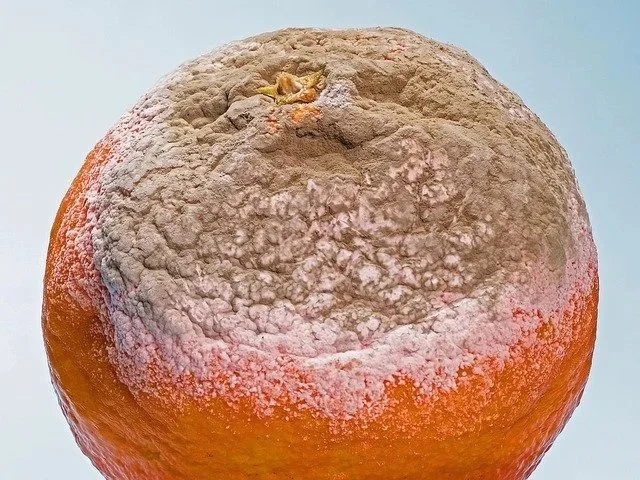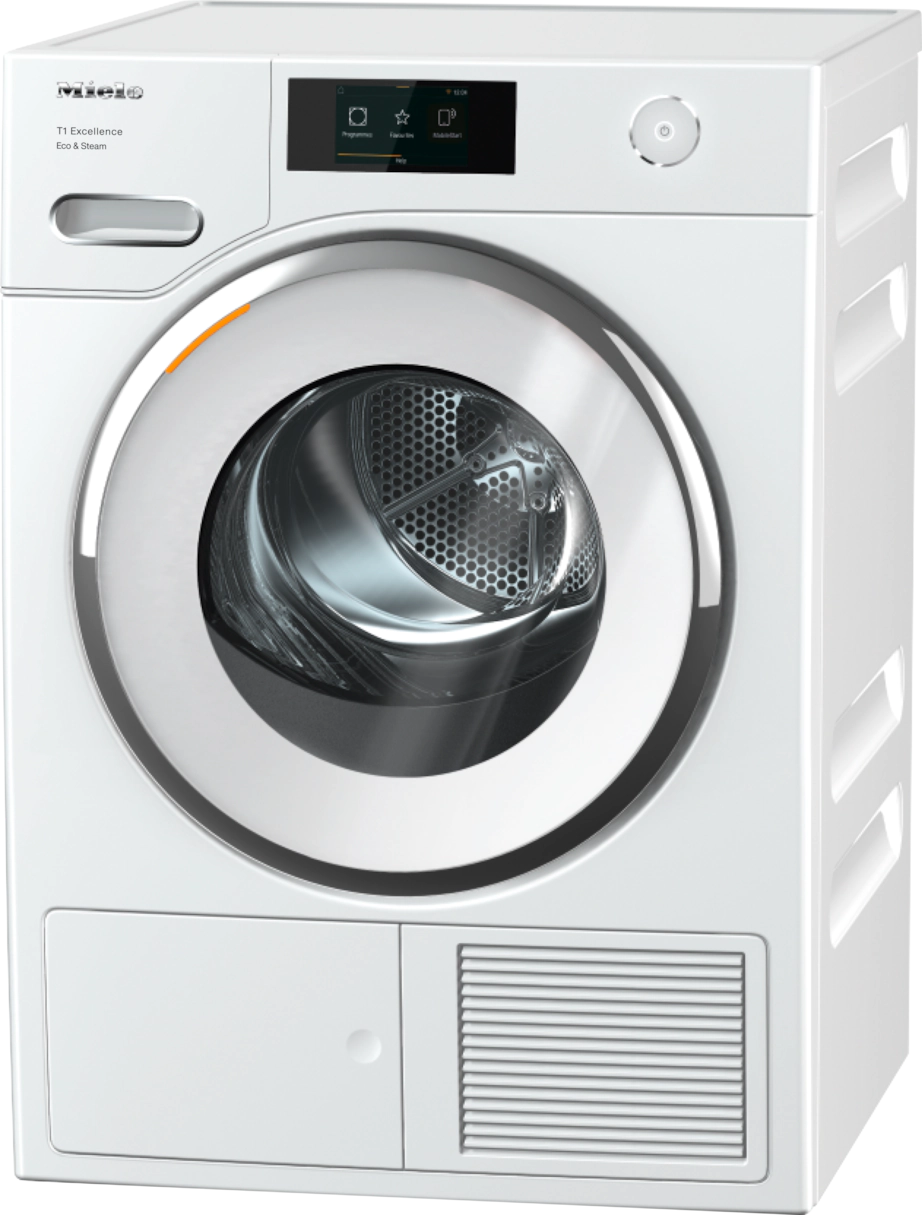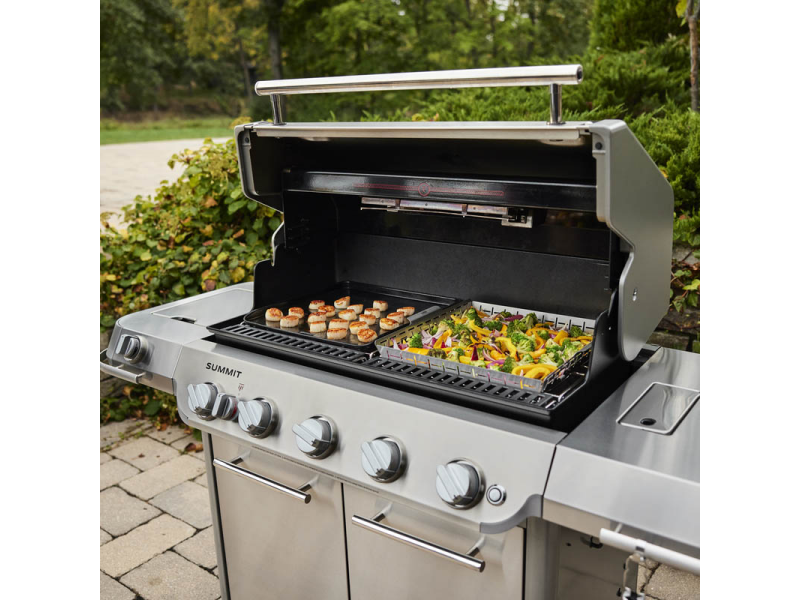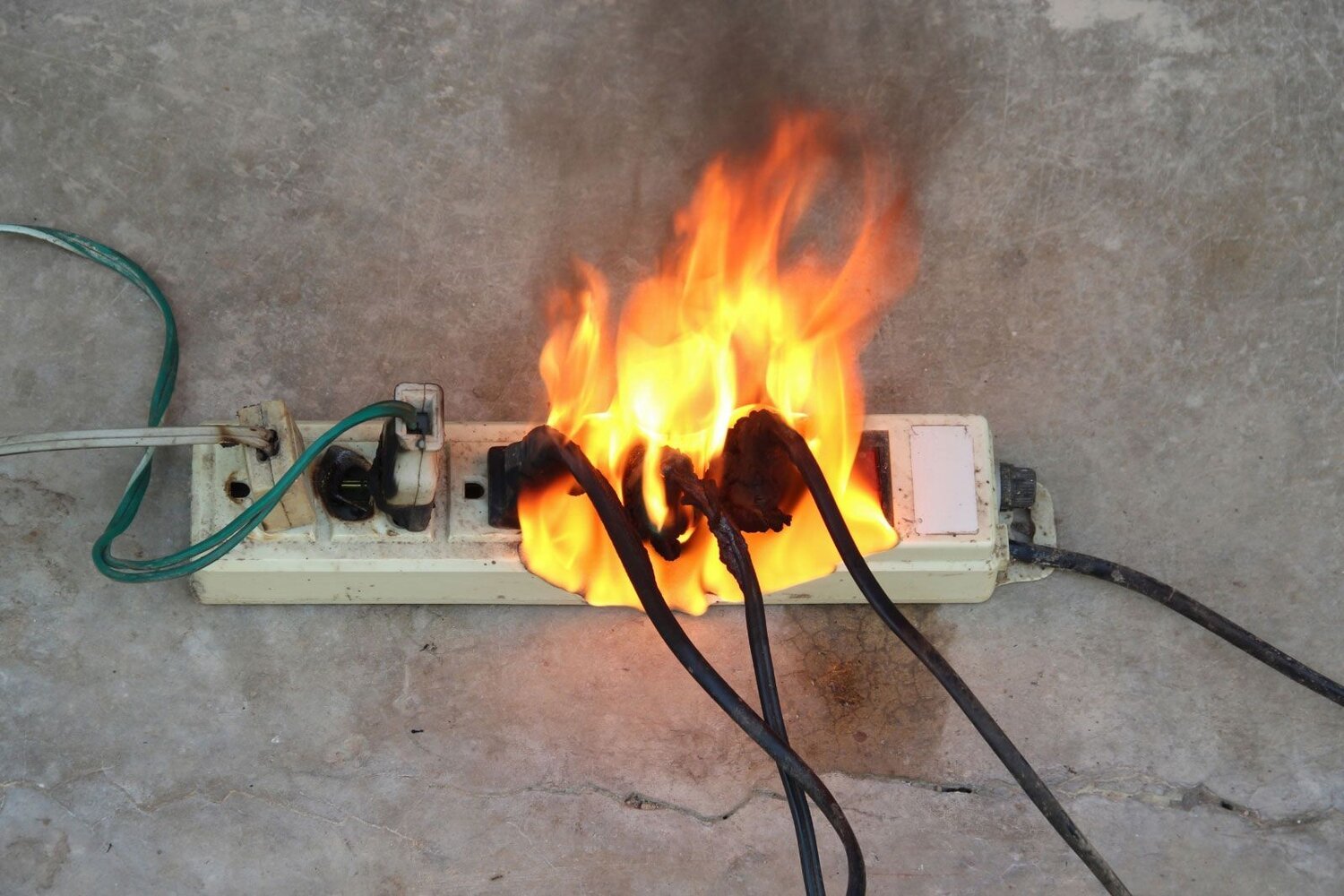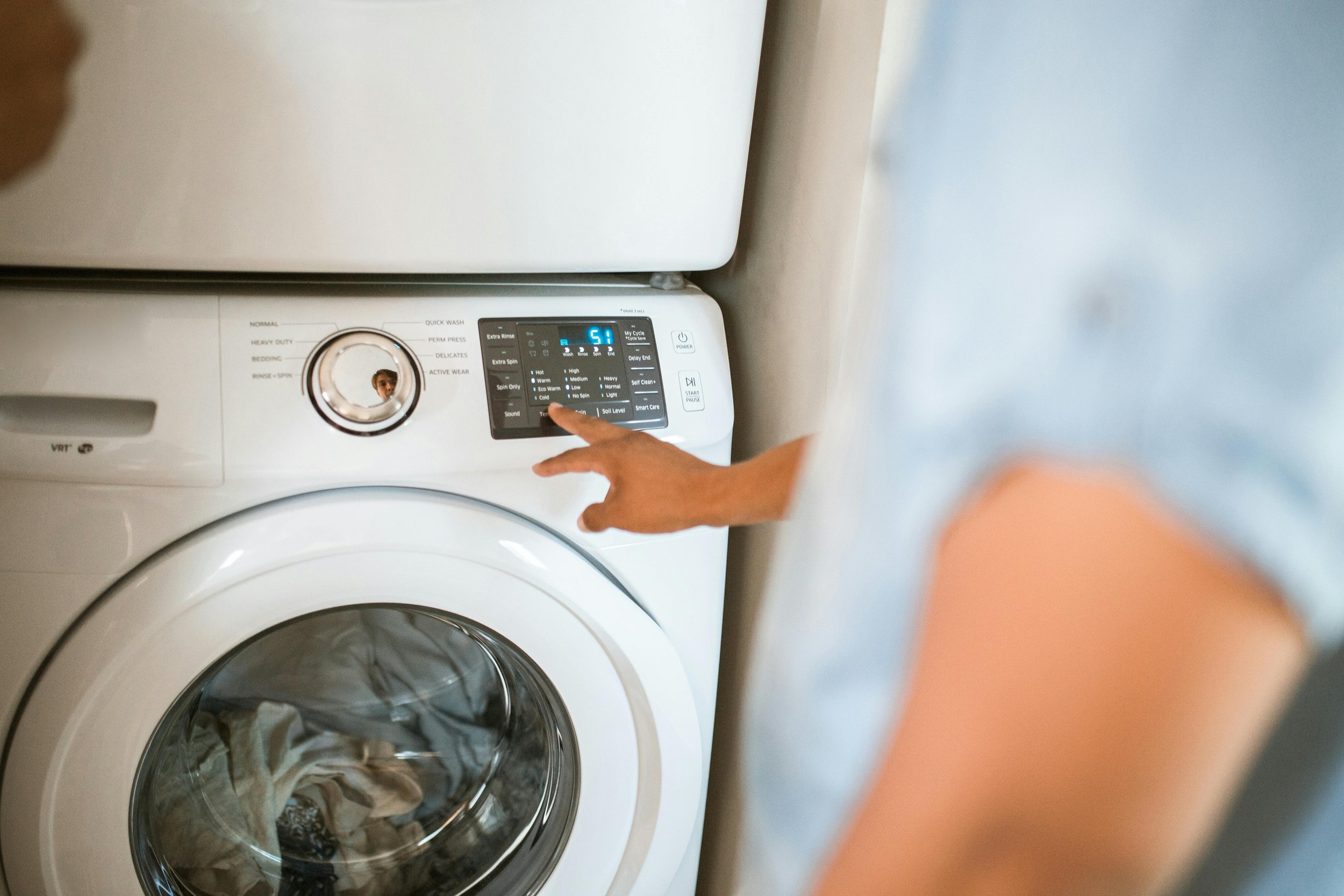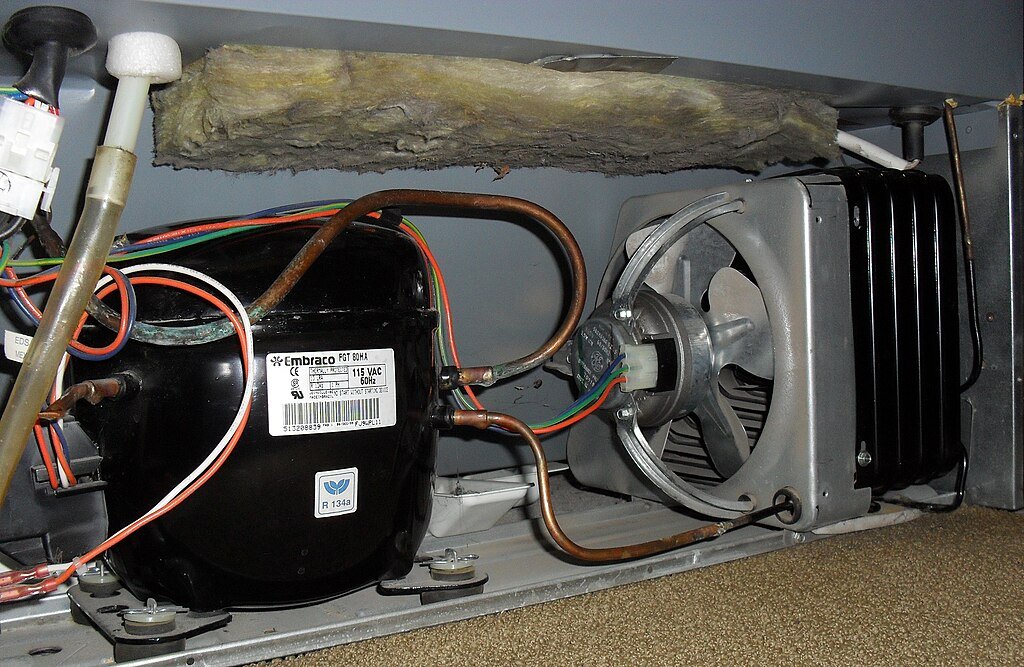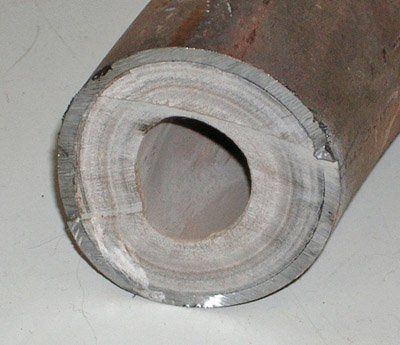Your appliances could be harboring more than just dirt — learn how to protect your home.
We all like to think of certain appliances as “self-cleaning.” The fridge keeps things cold, the dishwasher uses soap and hot water, and the washing machine swirls away dirt. But the truth is, some of the grimiest spots in your home might be inside the very machines you rely on to keep things fresh.
Moisture, warmth, and leftover bits of food or detergent create a perfect welcome mat for bacteria, mold, and even fungi — and once they settle in, they can be harder to get rid of than you might expect. The good news? A few small habits, and a bit of regular maintenance, can make all the difference.
Kitchen – Dishwashers
Your dishwasher has a shocking secret, that doesn’t actually make sense. Out of all of the places in your home, your dishwasher is the most likely to harbor fungi. While many places in your home can provide an unwanted ground for bacteria, fungi isn’t one that many of us think of. The problem comes in on the rubber seals, the water drains and the sprinklers. Now, to be clear, fungi doesn’t always mean mushrooms. It can also mean molds.
Fungi and bacteria are opportunistic pathogens meaning that healthy people aren’t going to be bothered much by them. Someone who is immunocompromised though, could find them much more problematic. The problem is that they form biofilms which are not only difficult to remove, they’re also capable of surviving detergent, heat and variable pH levels.
Some of the factors that increase the likelihood of microbial growth are the age of the appliance, how often you use it compared to how often you clean it, whether you have hard water, and whether you use rinse aid or not. The age of the appliance, how often you clean it and whether or not you have hard water, are all pretty straightforward.
The one that surprised us were studies by the National Library of Medicine, showing that using rinse aid actually makes it possible for a wider variety of fungi to flourish. It doesn’t mean it doesn't kill them at all, or that you should stop using a rinse aid.
There are a few things you can do to clean and maintain your dishwasher though. Start by grabbing your calendar and scheduling in how often you want to remove and clean the filter. This is one we just don’t think about, and it’s much easier to schedule it, rather than trying to keep it at the top of your head, given everything else in life. Next up, add cleaning the interior and descaling to your monthly chore lists. For that it’s making sure that you are using a mild cleaner and a soft brush. You’ll also want to descale by just using a hot cycle and a cup of white vinegar to dissolve any build up. Once every six months or so, take a look at your spray arms to clean the nozzles with either a toothpick or a toothbrush.
Kitchen – Refrigerators
Your refrigerator might seem like the safest place for your food, but it can be hiding some very unpleasant surprises. Even though it’s designed to keep things cold, that doesn’t mean it’s free from bacteria or fungi. Moisture, food residue, and time can create the perfect hiding places for mold and bacteria — especially in spots you don’t think about often, like the vegetable crisper drawers, the rubber door gaskets, or even the water and ice dispenser.
The real trouble comes when mold spores find a damp place to settle in. Around gaskets, along water lines, or anywhere condensation collects, they can start to grow colonies. For most people, that might just mean something smells off or looks unsightly. But for someone with mold allergies or a weakened immune system, that can be a real health risk. And if any food in the fridge goes bad and starts to mold, it doesn’t just stay in its container — those spores can spread to other surfaces.
A few everyday habits can make the problem worse. Overfilling your fridge reduces airflow and traps moisture, making it harder for the cold to do its job. Placing warm food inside creates a pocket of heat that bacteria love. And leaky door seals? They let warm air in, which can raise the temperature and make everything inside more vulnerable.
If you already see signs of mold or slime, you’ll want to act quickly. Start by tossing any spoiled food and wiping down affected surfaces with gentle dish soap, white vinegar, or baking soda. For mold on gaskets, use warm soapy water or a bleach-based cleaner, rinse thoroughly, and dry the area before applying a thin layer of petroleum jelly to keep the seal from cracking. If your fridge has a water or ice dispenser, flush the line with vinegar for 30 minutes, rinse well, replace the filter, and discard the first batches of ice or water.
Keeping it clean is easier if you make it routine. A deep clean every three to four months works for most fridges, but if yours has a water or ice dispenser, aim for every two months instead. Keep the temperature between 35–38°F, don’t overfill, and wipe up spills as soon as they happen. Rotating food so the oldest gets used first will also help prevent spoilage before it starts.
Laundry – Washing Machines
It’s easy to think of your washing machine as one of the cleanest places in your home — after all, its whole purpose is to wash things. But the same warm, damp environment that helps clean your clothes can also be the perfect breeding ground for bacteria and fungi. These microbes love to settle into rubber seals, gaskets, detergent compartments, and even the internal plumbing, where they form a sticky layer called biofilm.
Biofilms aren’t just unpleasant — they’re stubborn. Once they form, they’re tough to remove and can shelter harmful microorganisms from detergents, hot water, and even bleach. While healthy people might not notice much more than a musty smell, anyone with a weakened immune system could be at risk for infections.
So, how do they get started? Constant moisture from frequent use, combined with leftover detergent, dirt, and lint, provides plenty of nutrients. Low-temperature washes — while great for energy savings — also let heat-tolerant fungi and bacteria survive and multiply.
If you start to notice buildup or odor, it’s time for a targeted clean. Remove and wash the detergent drawer, seals, and filters using hot water and a mild cleaner. If mold is visible, a diluted bleach solution (about 10%) can help. Run an empty hot wash cycle with vinegar or a washing machine cleaner to break down any biofilm lurking inside.
Prevention is all about keeping things dry and hot when they need to be. After each load, leave the door and detergent drawer open to air dry, and wipe down the seals so moisture doesn’t linger. Running a high-temperature “maintenance” cycle every so often will also help keep microbes in check.
Keeping your appliances clean isn’t about making them look nice — it’s about keeping them safe, efficient, and able to do their jobs well. A little routine maintenance goes a long way in stopping mold, bacteria, and other unwelcome guests from setting up camp in places you’d never think to look.
With just a few minutes here and there — and a regular schedule for deeper cleanings — you can keep your dishwasher, refrigerator, and washing machine fresh, functional, and ready to serve you for years to come. Think of it as caring for the quiet workhorses of your home, so they can keep taking care of you.
Need a deeper clean or a repair you can trust? Appliance Rescue Service is here to help. From expert inspections to professional cleaning and repairs, our team makes sure your appliances are running safely and efficiently — so you can spend less time worrying about hidden gunk and more time enjoying your home. Call Appliance Rescue Service today and let us take care of the dirty work for you.
Call: (214) 599-0055
Additional Reading
Keep Your Dishwasher in Top Shape
How to Keep Your Washing Machine Running Smoothly

